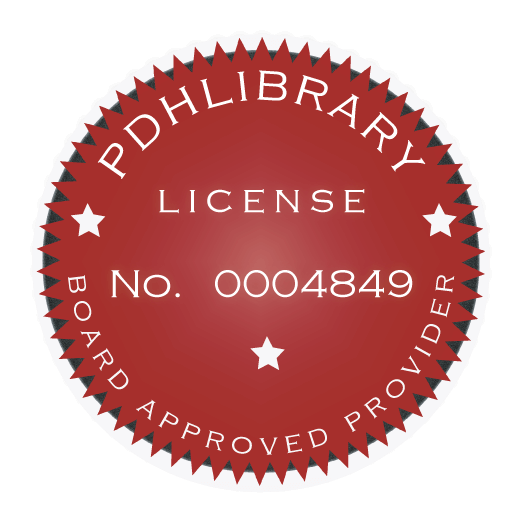Course Introduction:
This course provides instruction in engineering ethics through a case study of the Space Shuttle Challenger disaster. The minimum technical details needed to understand the physical cause of the Shuttle failure are given. The disaster itself is chronicled through NASA photographs. Next the decision-making process—especially the discussions occurring during the teleconference held on the evening before the launch—is described. Direct quotations from engineers interviewed after the disaster are used to illustrate the ambiguities of the data and the pressures that the decision-makers faced in the months and hours preceding the launch. The course culminates in an extended treatment of six ethical issues raised by Challenger.
Learning Objectives:
This course teaches the following specific knowledge and skills:
• Common errors to avoid in studying the history of an engineering failure: the retrospective fallacy and the myth of perfect engineering practice
• Shuttle hardware involved in the disaster
• Decisions made in the period preceding the launch
• Ethical issue: NASA giving first priority to public safety over other concerns
• Ethical issue: the contractor giving first priority to public safety over other concerns
• Ethical issue: whistle blowing
• Ethical issue: informed consent
• Ethical issue: ownership of company records
• Ethical issue: how the public perceives that an engineering decision involves an ethical violation
This course includes a true-false/multiple-choice quiz at the end, which is designed to highlight the general concepts of the course material.
This course is intended for all types of engineers.
The course materials are based on the pdf file, “Engineering Ethics Case Study: The Challenger Disaster.”

